July Fourth brings fireworks, food, and fun times with friends. While you may find these summer festivities enjoyable, your pet likely disagrees. In fact, Independence Day traditions can be stressful and potentially dangerous for cats and dogs, so follow our Companion Care Animal Clinic team’s tips, and plan a safe and happy July Fourth celebration with your pet.
#1: Keep your pet out of the sun
Early July can be rather steamy in Marlboro, New Jersey, and this humidity can make your furry pal downright miserable when outdoors, especially if your pet is overweight, exceptionally active, has a flattened muzzle (i.e., brachycephalic), or suffers from a cardiac or respiratory disorder. These conditions make your pet much more likely to overheat when out in the blazing hot sun. However, any pet can rapidly overheat and develop heatstroke even when weather conditions are relatively mild, especially if they are left unattended in a vehicle. To prevent your fur-coat-wearing friend, no matter how short or fine their coat, from overheating while outdoors on a blazing summer day, follow these tips:
- Seek shade — Staying out of the sun is key for pets, whether short-haired, long-haired, or no-haired. While dark fur can absorb sunlight and make your pet overheat more quickly, fine- or light-colored hair provides little protection from the sun and can increase your four-legged friend’s risk for sunburn or skin cancer. Whenever possible, remain in shaded areas when walking or relaxing.
- Quench their thirst — Pets can drink much more than you’d expect on a hot summer day, so ensure your four-legged friend always has a full bowl of fresh, clean, cool water available.
- Find a breeze — Thick, humid air can feel suffocating, so seek a refreshing breeze, or hang out in front of the fan to help keep your pet cool.
- Play in the water — A great way to help your pet cool off is by playing in water. Doing so not only allows your pet to exercise outside during high temperatures, but helps prevent heatstroke and dehydration. Set up a wading pool or sprinkler in which your furry pal can splash and cool off.
#2: Ensure your pet can be identified
More pets go missing around July Fourth than at any other time of year because they often try desperately to flee fireworks displays’ loud booms and blinding flashes. Prevent your pet from becoming a statistic by upgrading their identification (ID). Ensure your pet’s collar ID tags are legible, securely fastened, and up-to-date with your current contact information. When you have our Companion Care Animal Clinic team microchip your pet, you provide your furry pal with permanent identification. By doing so, you increase the chances for a happy reunion if your four-legged friend takes to their paws and bolts out the door when the fireworks begin.
#3: Prevent bloodsucking parasites from infecting your pet
Summer is prime time for all bloodsucking parasites, particularly fleas, ticks, and mosquitoes. If your pet ventures outdoors without having received routine parasite prevention medication, they will likely become an insect’s next meal and potentially contract a serious disease. Rather than dousing your pet in N,N-Diethyl-meta-toluamide (DEET)-containing insect repellent that can lead to neurologic issues, opt for a veterinarian-approved parasite preventive product.
#4: Do not share food with your pet
In general, sharing is caring. However, do not share cookout foods with your pet. Many foods that are dangerous for pets are common at cookouts, so avoid sharing the following dishes with your four-legged friend:
- Grilled meat
- Corn on the cob
- Kebabs
- Side salads
- Grapes
- S’mores
- Xylitol-sweetened desserts
You can dish up a special plate for your pet by giving them a bit of unseasoned grilled chicken breast, fresh vegetables, and a few bites of fresh watermelon. If you are hosting a festive July Fourth barbecue, ensure your guests are aware they should not share any of their food with your pet. Explain that people foods put your pet at risk for developing these health problems:
- Pancreatitis
- Gastrointestinal (GI) obstruction
- GI puncture
- Vomiting and diarrhea
- Toxicity
#5: Fireworks frighten pets
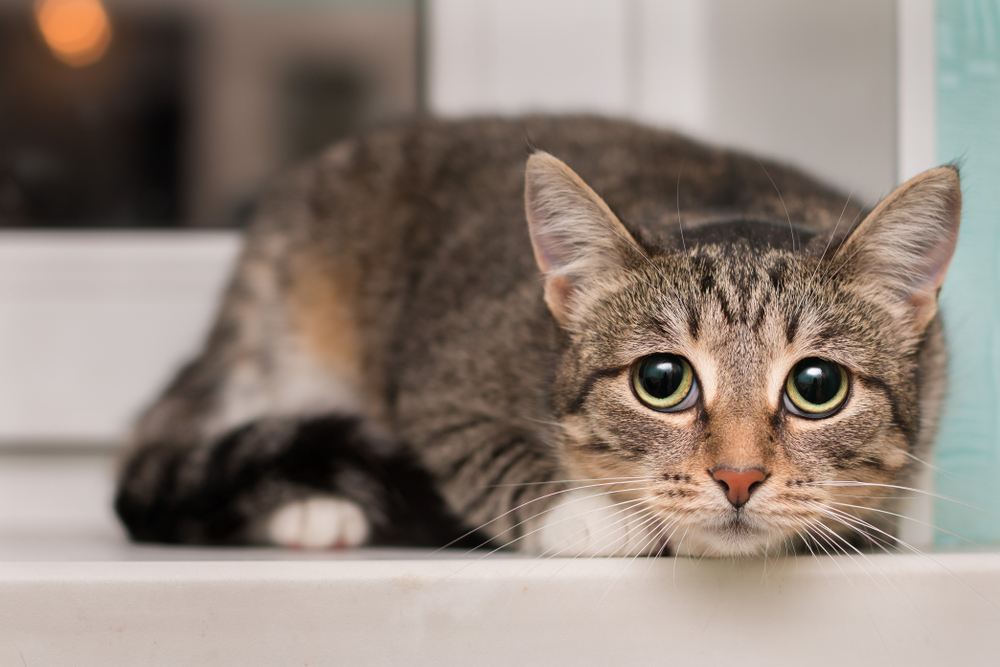
Few if any pets enjoy fireworks shows as much as their human family members do. In fact, at least two-thirds of pets suffer from noise aversion, which is often triggered by fireworks’ booms, bangs, and whistles. This noise phobia can put your pet into such an extreme panic that they injure themselves while trying to escape or hide from the scary sounds.
Rather than dragging your pet along to your local fireworks display, leave them at home to gnaw on a long-lasting chew, unravel a treat puzzle, or curl up in a cozy bed while listening to classical music. If fireworks enhance your pet’s fears, ask our team about anti-anxiety medication to keep them calm and relaxed during the deafening event.
To help your four-legged friend safely enjoy the July Fourth holiday, schedule their preventive care appointment with our Companion Care Animal Clinic team. We can microchip your pet, and provide parasite prevention and anti-anxiety medications. If your pet runs into trouble on July Fourth or any other day, our team is here to help.


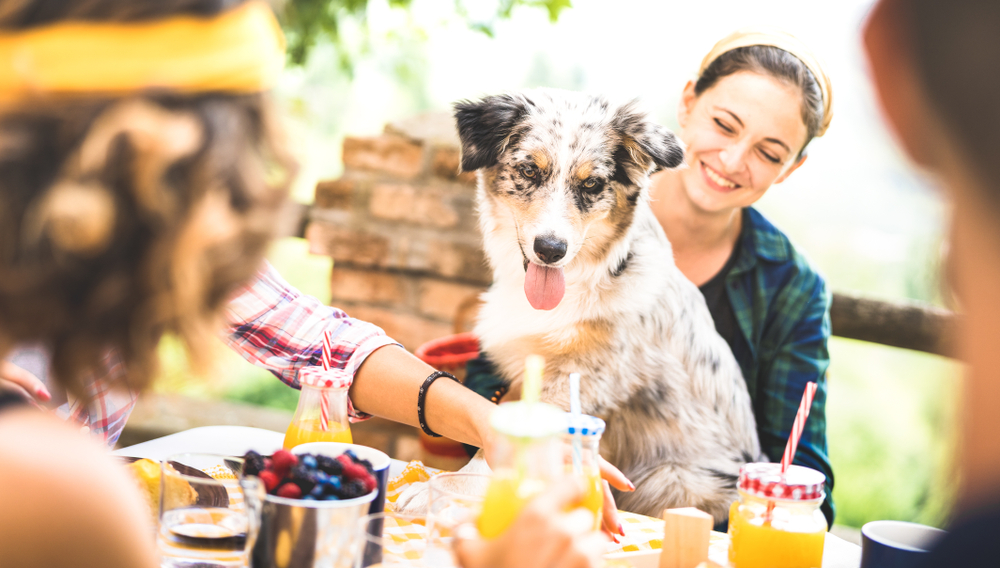
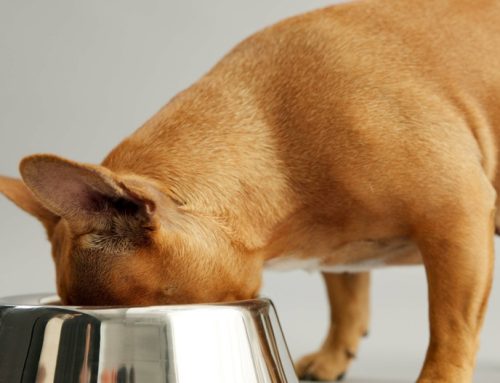
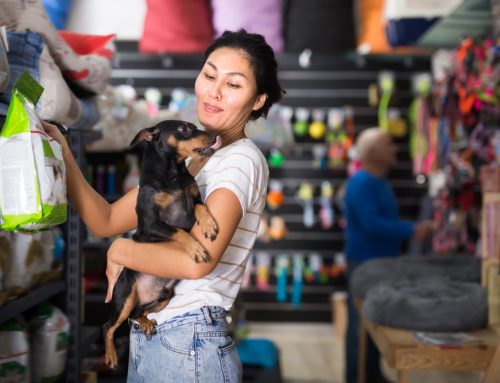
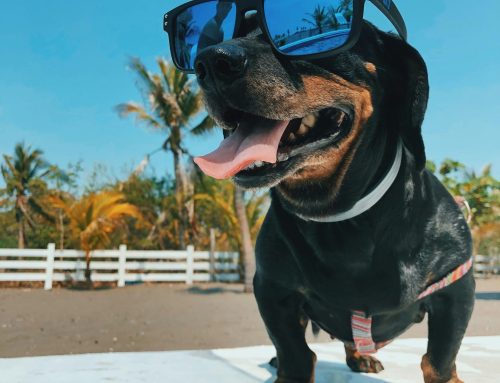
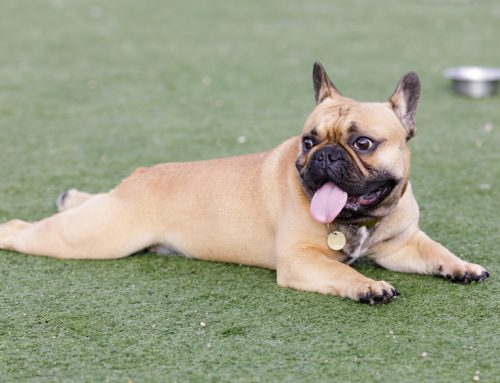
Leave A Comment